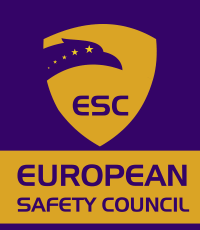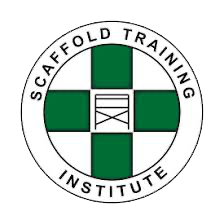- Education Requirements
- Experience Expectations
- Essential Certifications
- Key Knowledge and Skills
To become a Safety Manager, you typically need a combination of education, experience, and certifications. The specific qualifications may vary depending on the industry and organization, but here are some common requirements:
- 01. Education Requirements:
A bachelor’s degree in occupational health and safety, environmental science, engineering, or a related field is often required. Some employers may prefer candidates with a master’s degree in a relevant field.
- 02. Experience Expectations:
Employers usually require several years of work experience in a safety-related role. This can include experience in areas such as occupational health and safety, risk management, industrial hygiene, or environmental management.
- 03. Essential Certifications:
Obtaining professional certifications can significantly enhance your qualifications as a Safety Manager. Some common certifications that are highly regarded in the field include the Certified Safety Professional (CSP), CMIOSH (such as Qualifi Level 7 International Diploma in OHSM or ESC International Diploma), Occupational Health and Safety Technologist (OHST), Certified Industrial Hygienist (CIH), and Certified Hazardous Materials Manager (CHMM).
- 04. Key Knowledge and Skills:
Safety Managers should have a strong understanding of safety regulations, risk assessment, incident investigation, emergency response planning, and safety training. They should also possess excellent communication, leadership, and problem-solving skills.
It's important to note that the specific qualifications may vary depending on the industry and organization. It's always a good idea to research the specific requirements of the companies or industries you are interested in.













